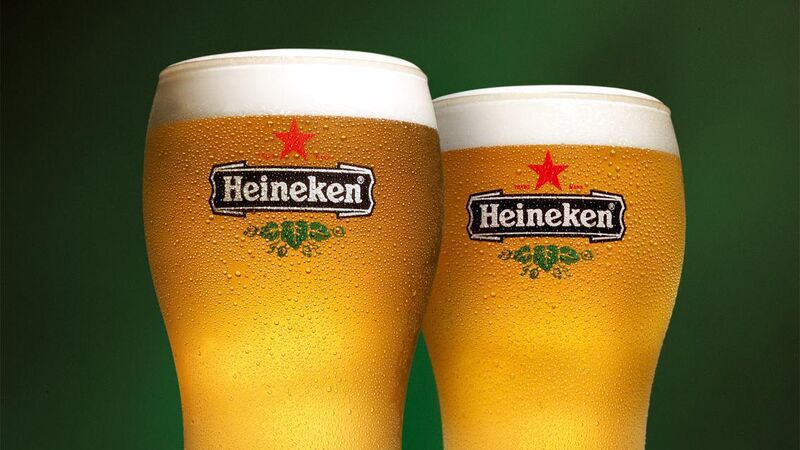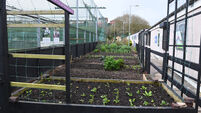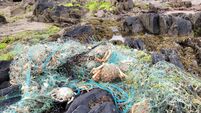Heineken using nine million leftover pints to generate electricity

Heineken Ireland repurposed over 5,000 tonnes of beer that was going to go to waste during lockdown, and sent it to anaerobic digestion plants.
The thought of even pouring one cold pint of beer down the drain would be tough for many to consider during lockdown — so imagine what it was like for Heineken Ireland, with the prospect of nine million pints going to waste.
The brewing giant decided that if the sea of cold ones weren’t going into the bellies of their customers, then they would be sacrificed for the greater good — the environment.













